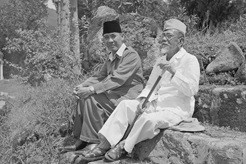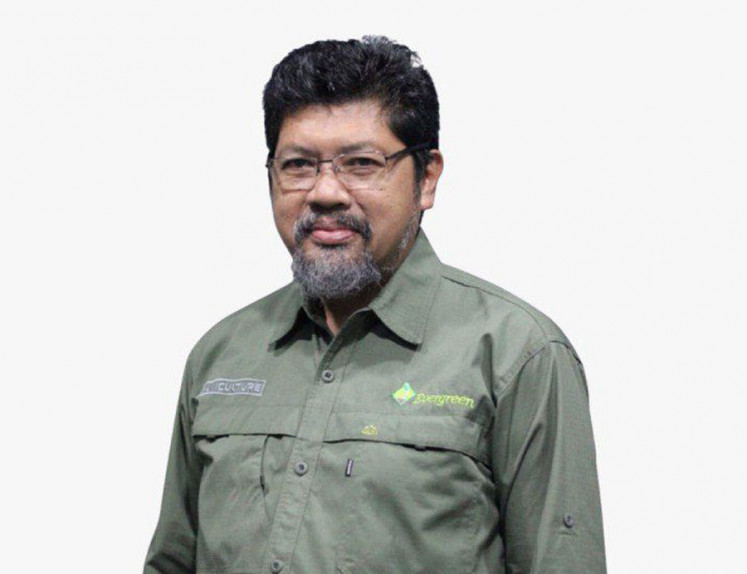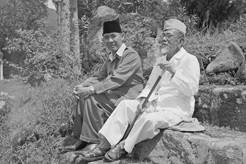Popular Reads
Top Results
Can't find what you're looking for?
View all search resultsPopular Reads
Top Results
Can't find what you're looking for?
View all search resultsAgus Salim and the debate over independent Indonesia
Agus insisted that the decision to include either Malaya or Papua be “based on the vote of the people in that area, those inhabitants who are able to vote”.
Change text size
Gift Premium Articles
to Anyone
M
any have written about Indonesia’s proclamation of independence on Aug. 17, 1945, but few seem to care about the dynamics that preceded the historic day, including debates among the founding fathers who built the “new Indonesia”. One of these founding fathers, Agus Salim, deserves a highlight.
Agus, who lived from 1884 to 1954, retired in the early 1950s at 70 years old as a grandfather of Indonesia, having lived through the independence struggle. Fluent in nine languages, as foreign minister in August 1947 he brought Indonesia to the new United Nations Security Council. In 1949, as leader of the Indonesian delegation at the Round Table Conference at the Hague, he smoked a kretek (clove), defiantly sharing the aroma of Indonesian sovereignty.
Early in the struggle for independence, H.O.S. Tjokroaminoto, leader of Sarekat Islam, worked with Agus, whose daughter sang the national anthem at the Youth Congress in Batavia (now Jakarta), in October 1928, setting the scene for the historic Youth Pledge which decades later would triumph over Dutch colonial rule.
When Agus finished school in 1903 at Hoogere Burger School (HBS), the best school in Batavia, he was the top student in the Dutch East Indies. Before World War I, he served as a translator for the Dutch Consulate in Jeddah, Saudi Arabia and his uncle was the imam at the Haram Mosque in Mecca.
Agus established a solid foundation in Islam and gained wide experience in journalism, including various editorial roles in the Neratja Daily and the Baroe Indies Daily in Jakarta. He also founded the Fadjar Asia newspaper and edited for the Moestika daily in Yogyakarta. He was able to hone his diplomatic skills and understanding of international events, focusing on the future implications of current events.
Agus lent a voice of experience in 1945 when Indonesian nationalists under Sukarno and Mohammad Hatta, still under Japanese supervision, were debating the future borders of an independent Indonesia.
On page 144 of the records known as the Committee for Preparatory Work for Indonesian Independence (BPUPKI) discussions, it is clear that Agus’s perspective was that of international law. The majority of the 66 nationalists involved in the protracted debates about the boundaries of the “new Indonesia” wanted to include Malaya.



















